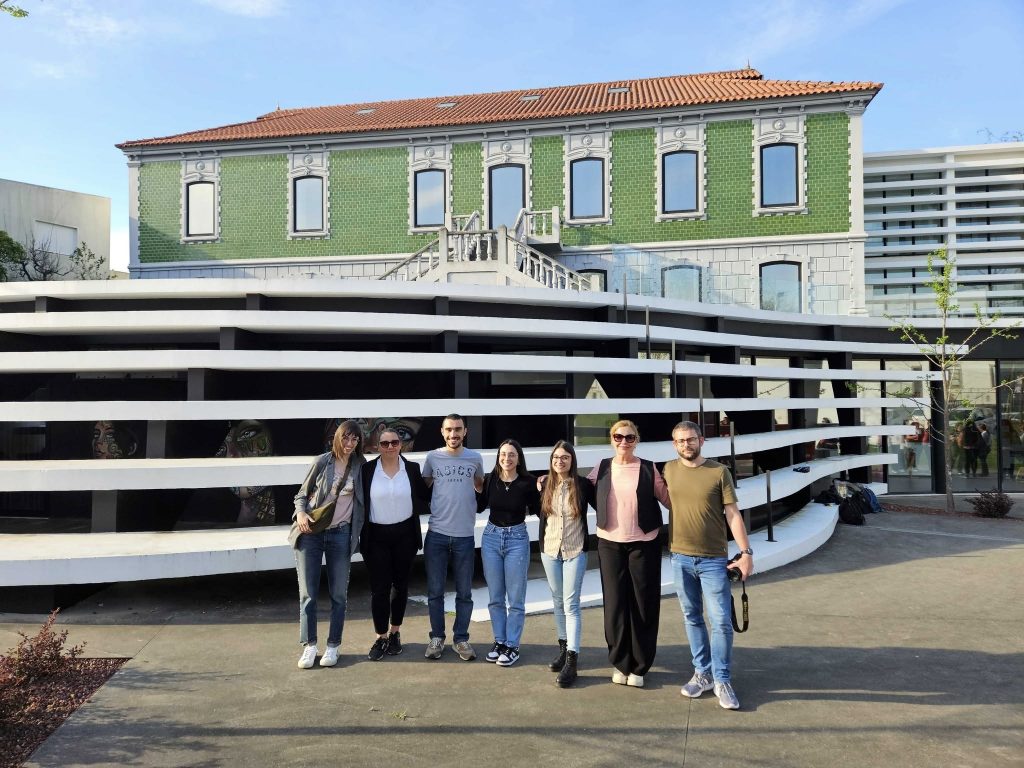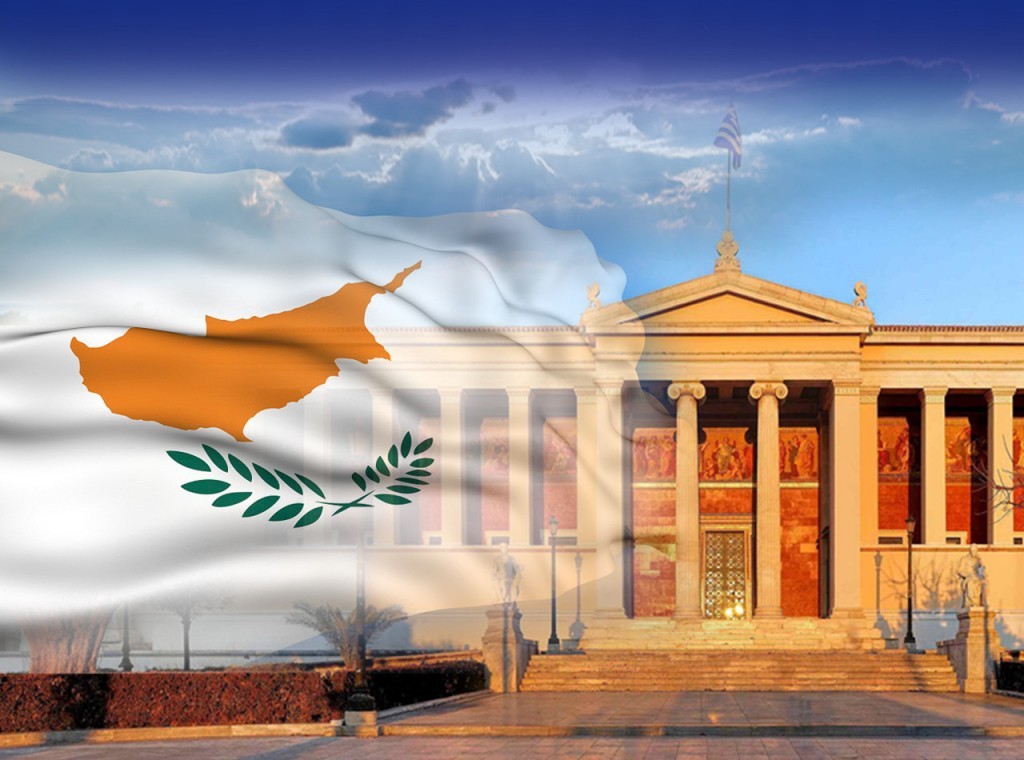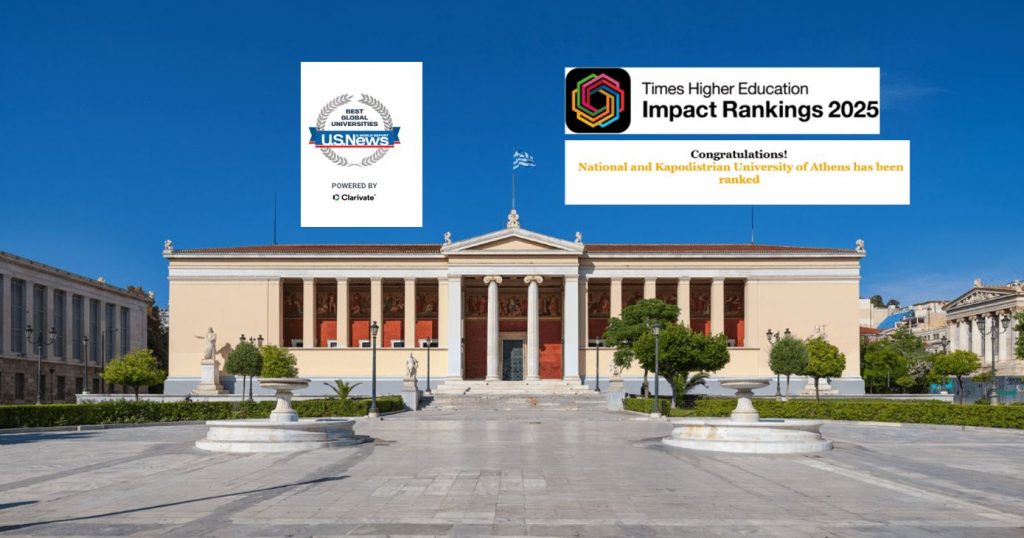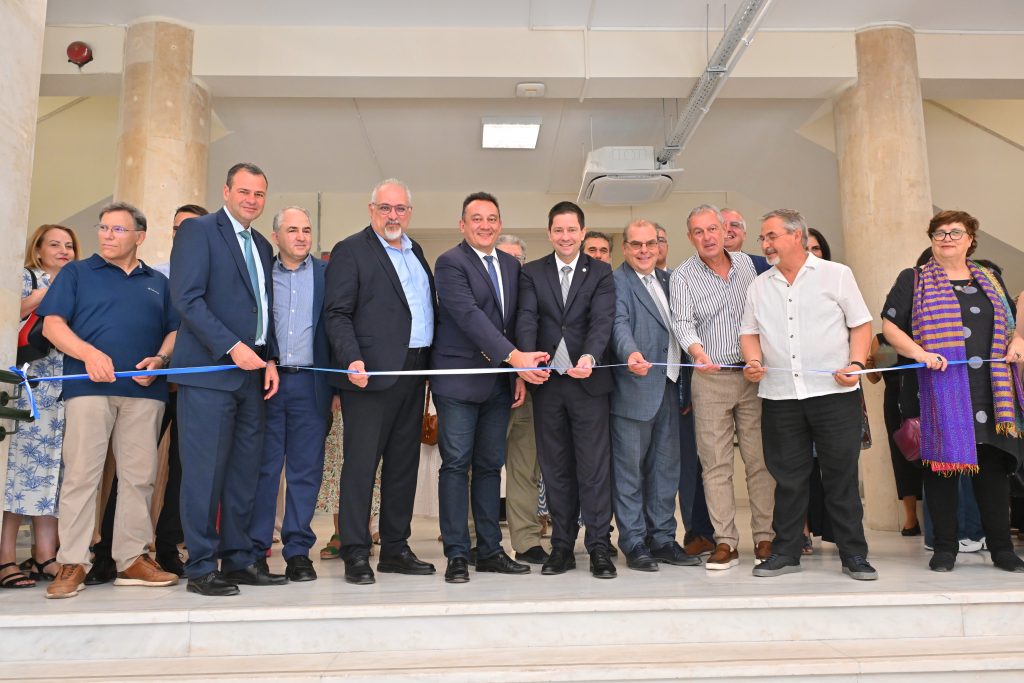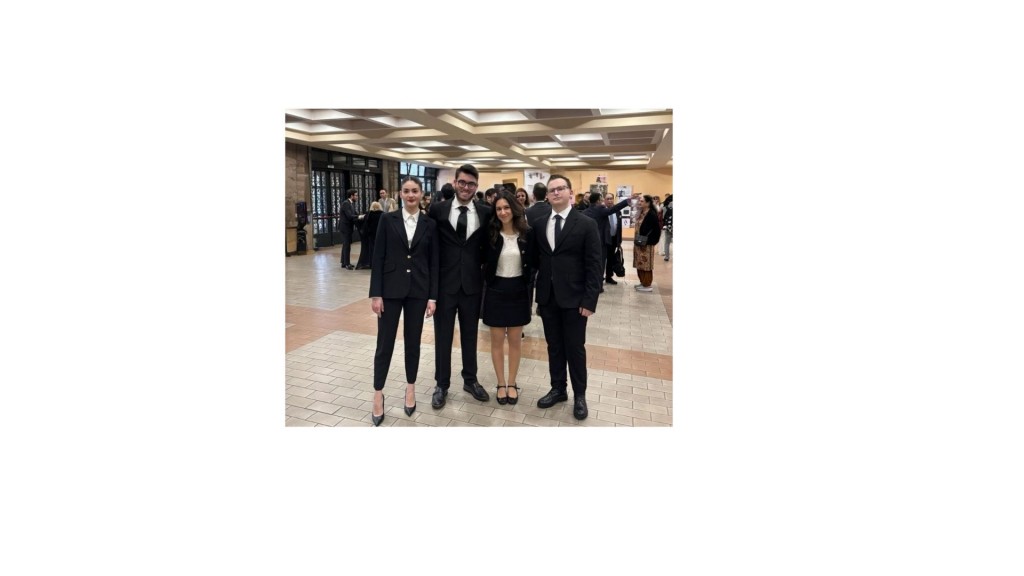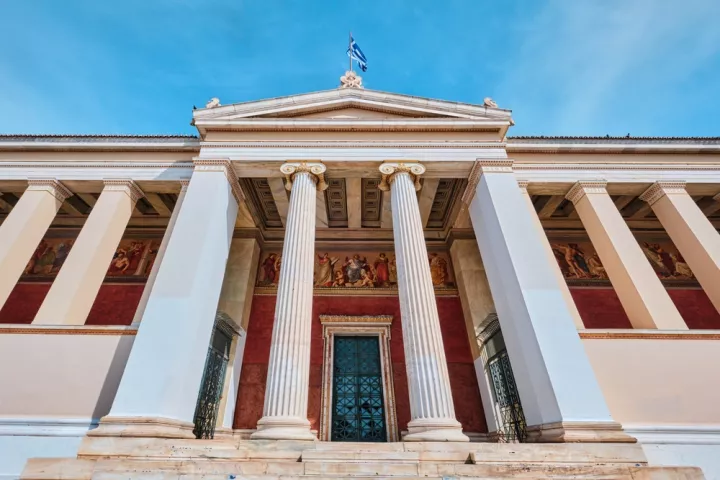Robert Baron, a folklore specialist, is on the faculty of the MA in Cultural Sustainability Program at Goucher College, Baltimore. He has served as Director of the Folk Arts Program, Music Program and Museum Program of the New York State Council on the Arts. Baron is Secretary of the ICH NGO Forum, which provides advisory services as part of the UNESCO ICH program, co-chair of the Cultural Heritage and Property Working Group of the International Society for Ethnology and Folklore and Vice President of the Fellows of the American Folklore Society. His research interests include heritage studies, public folklore, museum studies and creolization. Baron has been a Non-Resident Fellow of the W.E.B. Du Bois Institute for African-American Research at Harvard, a Fulbright Senior Specialist in Finland, the Philippines and Slovenia and Smithsonian Museum Practice Fellow.
Dr. Baron will be in Athens from 1.10.2023 to 24.10.2023 as a Fulbright Senior Specialist, invited by the Faculty of Philology of the National and Kapodistrian University of Athens as part of a project organized by Vassiliki Chryssanthopoulou, Assoc. Professor of Folklore . He will share with professional colleagues and students of folklore and with interested members of the public his expertise in topics such as intangible cultural heritage and its management, public folklore and folklorists’ contemporary prospects and careers , folklore in education, folklore and tourism and folklore archives. He will be presenting and chairing the following lectures and roundtable discussions:
- Folklore and Tourism – Issues, Challenges and Opportunities for Sustainability – Lecture. Wednesday 04.10.2023, 16.00 -18.00p.m., School of Philosophy, N.K.U.A., University Campus Zografou, room 209.
- Building a Public Sector Career in Folklore and ICH – Roundtable discussion. Monday 09.10.2023, 15.30 – 17.00 p.m., School of Philosophy, N.K.U.A., University Campus Zografou, room 735.
- American Public Folklore – Practices and Key Concepts in Historical Perspective – Lecture. Monday 09.10.2023, 17.30 19.30 p.m., School of Philosophy, N.K.U.A., University Campus Zografou, room 209.
- Folklore in Education – Roundtable Discussion. Tuesday 10.10.2023, 15.30 – 17.30 p.m., School of Philosophy, N.K.U.A., University Campus Zografou, room 735.
- New Directions for Folklore Archives – Lecture. Thursday 12.10.2023, 15.30 – 17.30 p.m., Auditorium of the Library of the School of Philosophy of N.K.U.A., University Campus Zografou.
- The 2003 Convention for the Safeguarding of Intangible Cultural Heritage at 20 Years – Reflections on Accomplishments, Shortcomings and Future Directions – Lecture. Monday 23.10.2023, 18.00 – 20.00 p.m. Central premises of the N.K.U.A., 30 Panepistimiou Str., Auditorium “Ioannis Drakopoulos”.
Dr. Baron’s lectures and roundtable seminars are open to academics, educationalists and interested members of the public.


![Lectures and Seminar discussions in Athens by Prof. Robert Baron, Senior Fulbright Specialist [4-23/10/23]](https://hub.uoa.gr/en/wp-content/uploads/2023/10/hub_image_grid-1-1024x462.jpg)
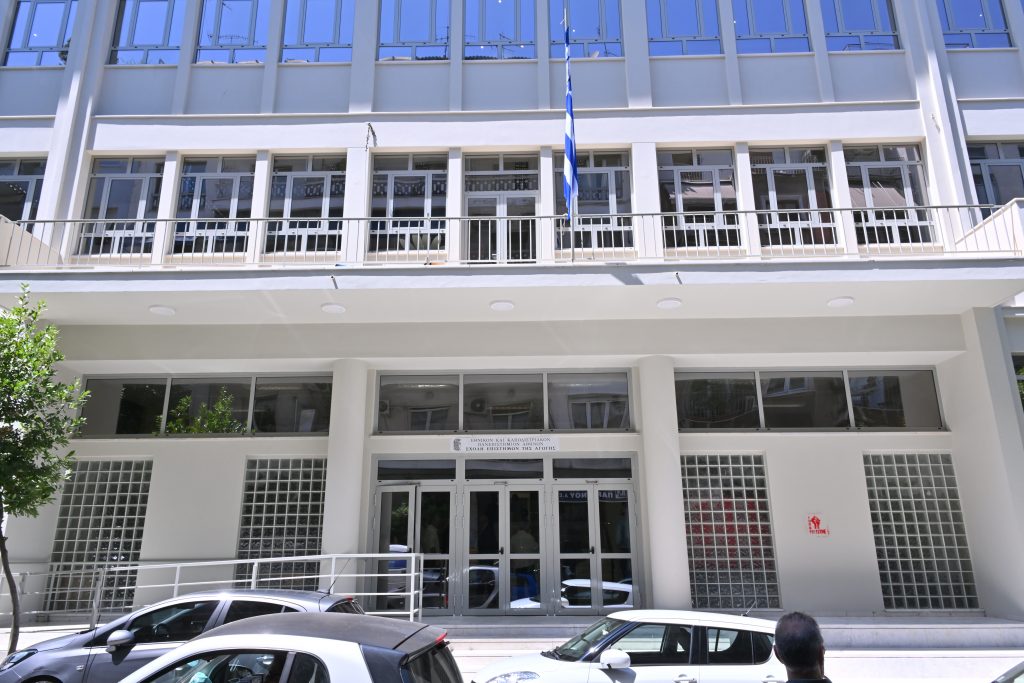
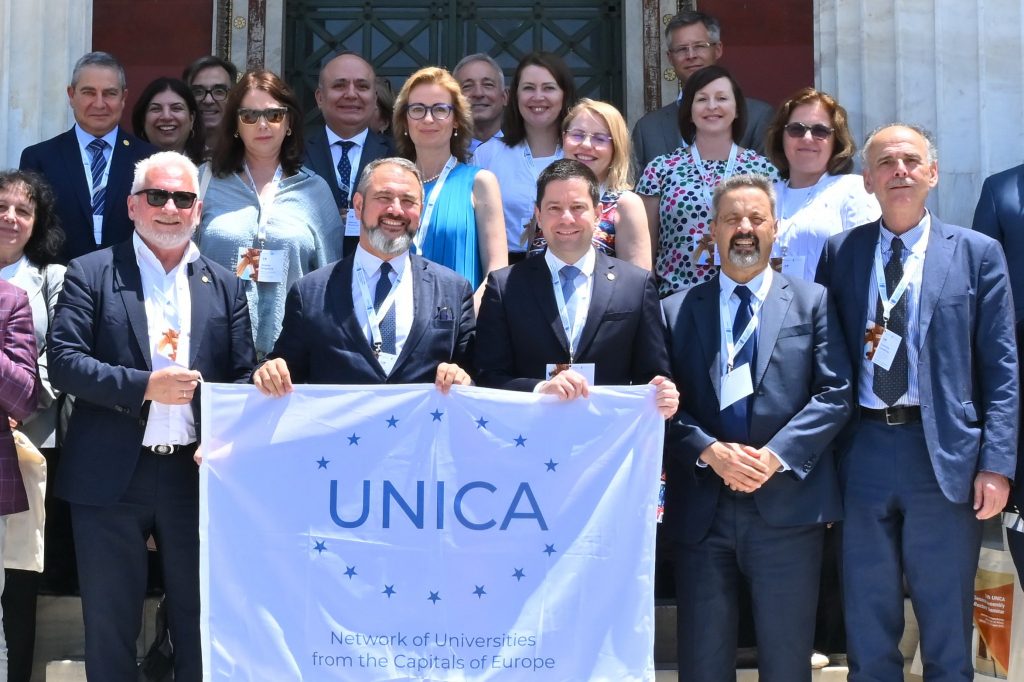
![10th Naxos Summer School on Diachronic Linguistics. Comparing Diachronies [20 – 25/07/2025]](https://hub.uoa.gr/en/wp-content/uploads/2005/02/nax-1024x522.jpg)
